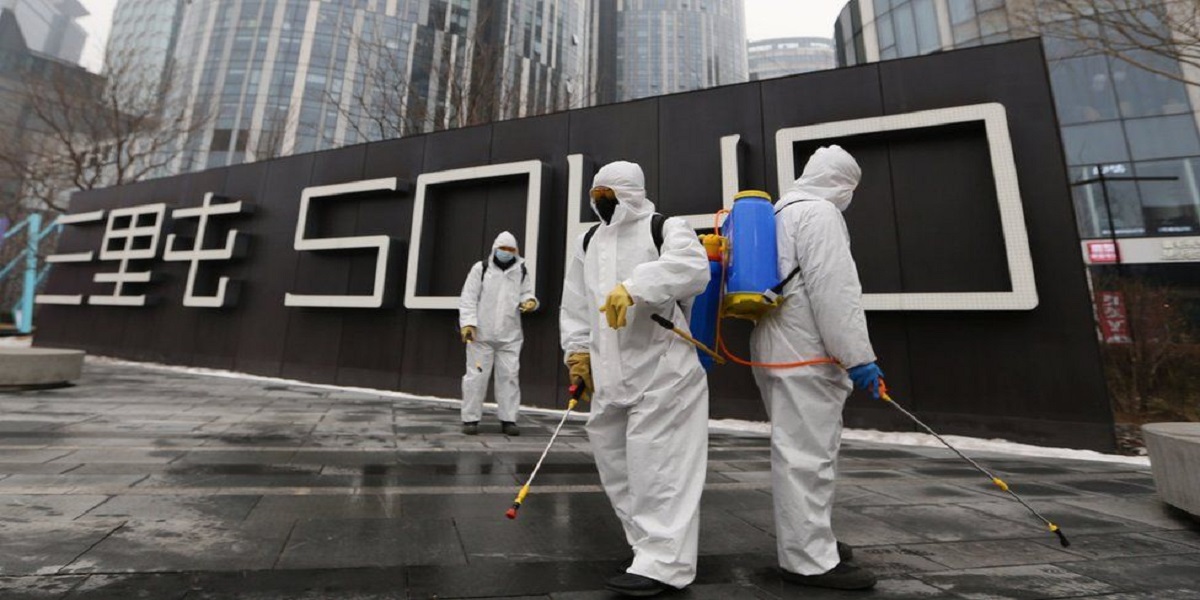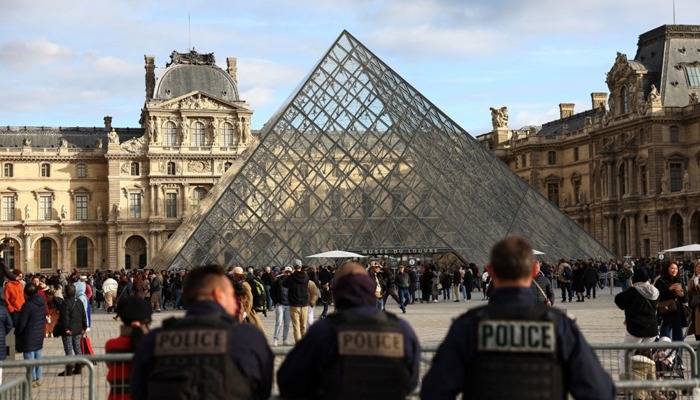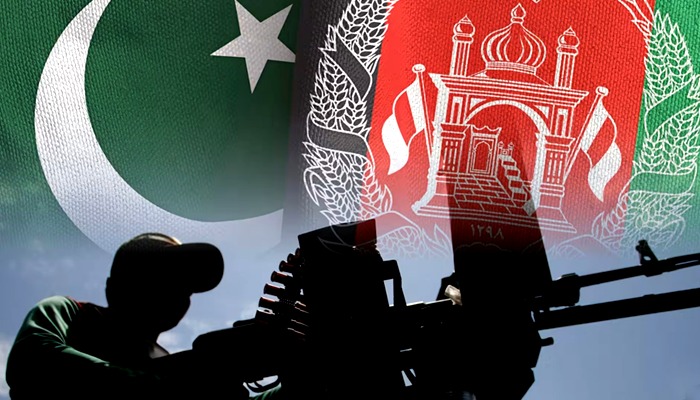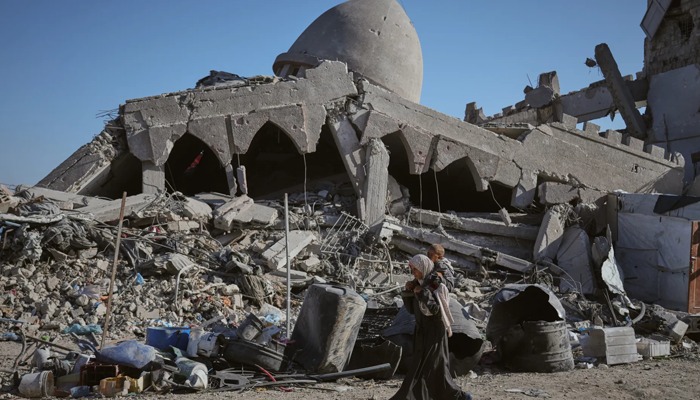WHO had previously offered technical help and supplies to North Korean officials, including Covid-19 vaccinations on at least three occasions, according to Ryan.
Despite North Korea’s recent claims that Covid-19 is slowing there, a top World Health Organization official warned the coronavirus outbreak there is “becoming worse, not better.”
Dr. Mike Ryan, WHO’s emergency head, said at a news conference on Wednesday that “we have real challenges in getting access to the raw data and to the actual situation on the ground” and that “we have significant issues in getting access to the raw data and to the actual situation on the ground.” Unlike in usual outbreaks, he claimed, WHO has not received any sensitive information concerning the epidemic.
“It’s quite difficult to give the world with a proper analysis when we don’t have access to the relevant data,” he said. WHO has already expressed worries about Covid-19’s impact on North Korea’s population, which is thought to be mainly unvaccinated and whose health systems could struggle to cope with a surge of cases caused by the super-infectious omicron and its subvariants.
WHO, according to Ryan, has offered North Korean officials technical support and supplies on many occasions, including Covid-19 vaccinations on at least three instances.
According to state media, North Korean leader Kim Jong Un and other top officials discussed adjusting tight anti-epidemic rules last week, while maintaining the widely contested claim that the country’s first Covid-19 outbreak is reducing.
The North’s Politburo meeting on Sunday signalled that it might soon ease a series of stringent restrictions imposed following its admission of the omicron outbreak earlier this month out of worry for its food and economic crises.
North Korea’s claims that it was able to control Covid-19 without widespread vaccination, lockdowns, or medications have been widely dismissed, particularly its claim that only a few hundreds of people died out of millions affected – a considerably lower death rate than anyplace else in the world.
According to the North Korean government, approximately 3.7 million people have fever or are suspected of having Covid-19. However, it provided few details about the severity of the illness or how many people have recovered, making it difficult for public health officials to determine the scope of the outbreak.
“We really would beg for a more open approach so that we can come to the people of (North Korea’s) help,” Ryan said. “Right now, we are not in a position to do a proper risk assessment of the situation on the ground.” He said WHO was collaborating with neighbouring nations such as China and South Korea to learn more about what was going on in North Korea, and that the outbreak there could have global ramifications.
[embedpost slug=”monkeypox-status-over-550-confirmed-cases-reported-from-30-countries-says-who/”]
The WHO’s condemnation of North Korea for failing to share more information about its Covid-19 epidemic contrasts with the UN health agency’s unwillingness to openly criticise China during the coronavirus pandemic’s early days.
Even though WHO experts privately moaned about China’s delayed information-sharing and postponed publication of the genetic sequence of Covid-19, WHO chief Tedros Adhanom Ghebreyesus publicly hailed China for its quick response to the appearance of the coronavirus in early 2020.



















